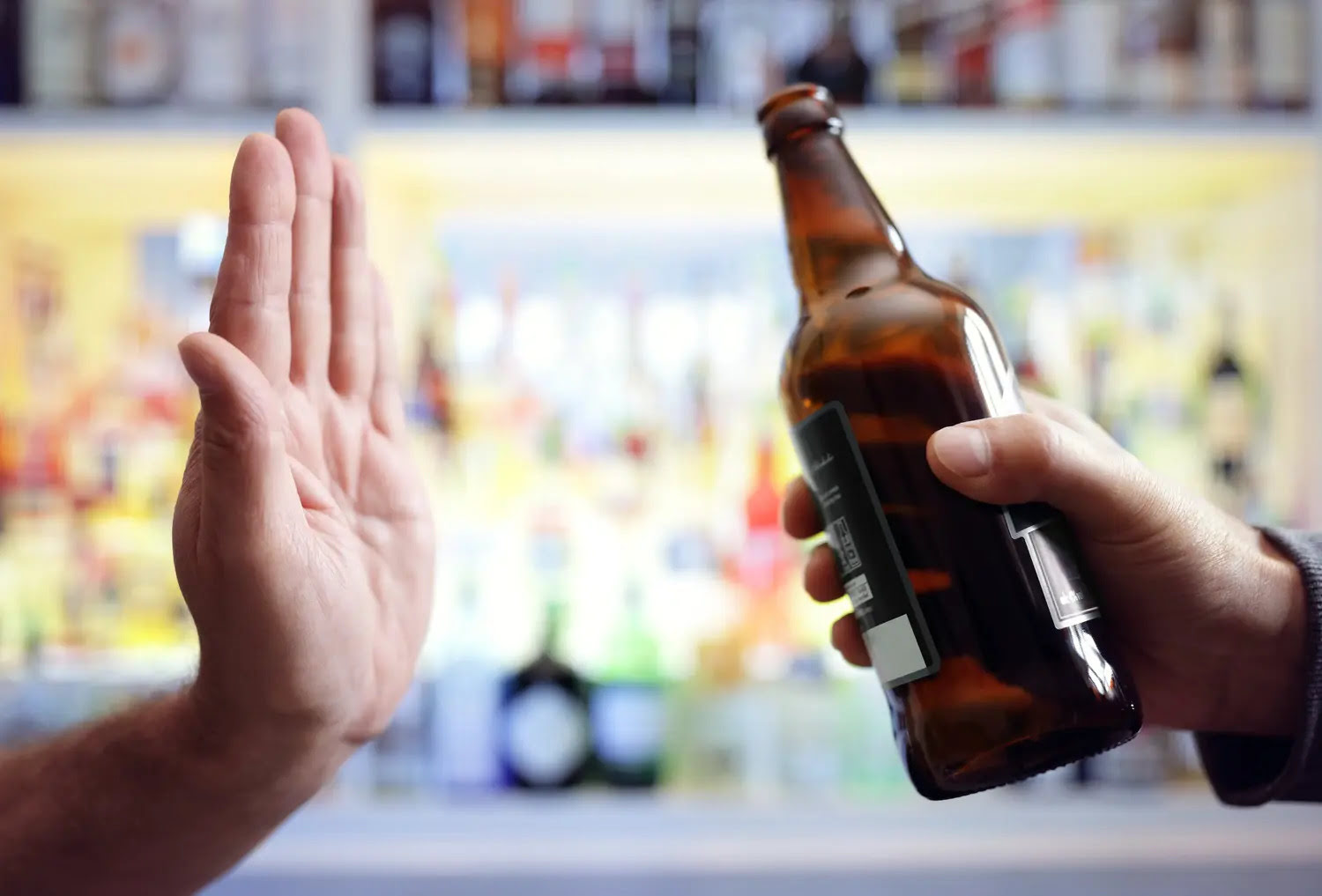Health
Brain Health: The Top 5 Benefits of Quitting Alcohol

When we think about how alcohol affects our health, most people think about the liver or their weight. However, alcohol abuse has a much more pronounced and problematic effect on our brains.
Blackouts, impulse control issues, and sluggishness are just some of the ways we’ve had more than enough, and that’s just the short-term effects. If you are considering quitting but aren’t sure about the pros, then read on to find out how it will be good for your brain.
In this article, we’ll discuss some of the effects that alcohol has on your brain, as well as some of the ways your brain benefits from quitting alcohol or at least drinking in moderation.
How Alcohol Affects Your Brain Health
A person’s brain looks and works differently when they consume alcohol because of the way it interferes with their brain’s communication pathways. When alcohol goes into your system, it impacts the areas of the brain that affect your balance, memory, speech, and judgment, to name a few. As your brain slows down due to alcohol use, you can suffer accidents or injuries. Furthermore, long term abuse of alcohol can lead to much more serious consequences, such as a reduction in neuron size.
And these are just some examples of how alcohol impacts your brain, other effects include:
- A person’s cerebral cortex works slower when they drink alcohol, which can impair their thinking, and in turn, lead to poor judgment.
- Additionally, alcohol slows down the central nervous system, resulting in sluggish thinking, talking, and moving.
- People whose frontal lobes are affected by alcohol may have trouble controlling their emotions and urges. It is possible for the individual to act without thinking or even to become violent.
- Having too much alcohol in the body may make people forget new information, such as a phone number or a name. Even a few drinks can cause this.
That’s why if you are drinking alcohol, it’s very important that you do so in moderation, which is why philosophies, such as mindful drinking have become so popular.
5 Benefits to Your Brain Health from Quitting Alcohol
Now that we’ve seen a few examples of the effects that alcohol and brain health interact, let’s take a look at some of the benefits your brain can derive from quitting alcohol:
Your Dopamine Will Become Normal Again
Dopamine imbalance in the brain is created by alcohol abuse. As you engage in enjoyable activities, such as eating chocolate or playing sports, your brain releases dopamine, causing your brain to repeat and crave those actions in the future.
However, using alcohol causes the brain to overproduce dopamine while simultaneously reducing its dopamine receptors. That’s why first-time quitters can feel depressed and hopeless due to the lack of dopamine and diminished receptors.
In the absence of alcohol, you’ll struggle for a while as your brain adapts to the new normal; however, your brain health will eventually normalize dopamine levels and respond to the chemical.
Your Frontal Lobe Will Start to Regenerate
When you drink excessively, your frontal lobe takes a heavy hit, which is responsible for many important functions such as reasoning, behavior control, memory, and motor function.
Alcohol abuse can severely damage this part of the brain, causing a wide range of problems such as memory loss and an inability to think rationally.
It may still be possible for people in early recovery to suffer from these symptoms, as well as a reduced ability to process large amounts of information, but as time goes on, new cells will gradually start to regenerate and repair the damage.
As you begin to heal, you will start to feel how your decision-making skills grow better.
You’ll Learn New Skills More Easily
Alcohol becomes a crutch for many chronic drinkers to handle daily situations and emotions. Alcohol may have helped you become outgoing, manage stress, or cope with depression.
In spite of the fact that alcohol isn’t a cure for any of these problems, it can make it harder to cope with life’s circumstances without it. In order to achieve long-term sobriety, you’ll have to develop healthier coping mechanisms and social skills in the early stages of sobriety.
By participating in the same activities as before, but sober, you can grow and evolve your brain power.
When you enter recovery, you may be socializing and managing emotions for the first time since you were a heavy drinker.
As your brain acquires new skills and develops emotional maturity, it creates pathways for healthy interactions in the future.
Heavy alcohol use can cause severe damage to your brain, but it is entirely possible to recover from addiction and begin to heal from within.
Your Brain Will Produce More Serotonin
Heavy alcohol use may have the short-term effect of boosting serotonin, a chemical that increases feelings of happiness and well-being, but the long-term consequences often include a decrease in serotonin production, which can lead to depression.
It is possible for your serotonin production to return to normal once you quit drinking. Depressive symptoms may require medication during recovery if you continue to experience them.
When alcohol is removed from the equation, it is easier to understand your mental health and determine what you need to feel your best.
You’ll Feel a Boost in Your Motivation Levels
Although early recovery can mean struggling with mood and overall mental wellness, you will experience renewed motivation towards healthy habits as you begin to heal your body and brain.
You will then be able to engage in new activities that boost your mood and stimulate the growth of brain cells, such as daily exercise.
For those recovering from addiction, the early days of sobriety can be challenging and draining, but with a balanced and healthy brain comes heightened motivation.
Final Thoughts
Alcohol can be a lot of fun, but when not handled with care, it can have a lot of negative effects on your health, particularly that of your brain health. You’ll struggle to control your mood, remember things, and coordinate your actions, just to name a few of its effects.
That’s why moderation, or quitting altogether, is so important. We are not saying it will be easy, but as you feel your serotonin and dopamine levels start to normalize again, you’ll start to get a new outlook on things.
If you are not sure where to begin, a good place to start is using a drink-tracking app, like Sunnyside, to have better control over how much you are drinking.
































